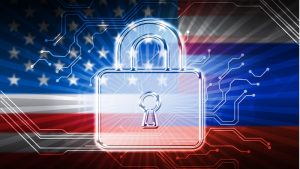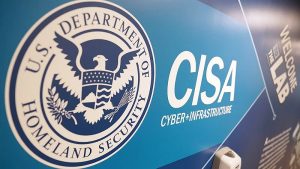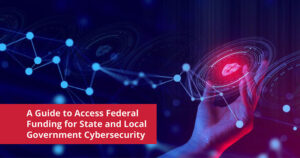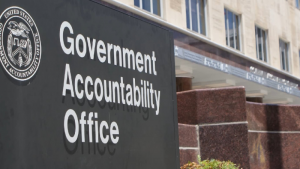Sens. Mark Warner, D-Va., and Marsha Blackburn, R-Tenn., joined Reps. Doris Matsui, D-Calif., and Zach Nunn, R-Iowa, to reintroduce bipartisan legislation on April 18 that tasks the Cybersecurity and Infrastructure Security (CISA) with establishing a school cybersecurity improvement program.
Twenty-one New York City employees have now graduated from the New York City Cyber Academy, a specialized training program designed to bolster the city’s cybersecurity workforce and enhance agency cyber capabilities to defend against threats to essential services and critical infrastructure.
North Dakota Gov. Doug Burgum has signed legislation that requires cybersecurity education for all K-12 students – making it the first state in the union to do so.
The National Association of State Chief Information Officers (NASCIO) and the National Governors Association (NGA) have joined together in a push to help states combat the cybersecurity workforce shortage.
New Jersey Gov. Phil Murphy has signed new legislation that will require state agencies and government contractors to report cybersecurity incidents to the New Jersey Office of Homeland Security and Preparedness (NJOHSP) within 72 hours of an incident.
As agencies begin work to implement the Biden administration’s brand new national cyber strategy, the chief information officer (CIO) of the Cybersecurity and Infrastructure Security Agency (CISA) said he’s most excited that the strategy calls on the Federal government to diversify the cybersecurity workforce.
The Environmental Protection Agency (EPA) released a new memo today that calls on states to bolster their cybersecurity practices in order to mitigate the risk of cyberattacks and protect U.S. public drinking water.
Lieutenant Governor Jeanette Nuñez has announced the launch of Florida’s Local Government Cybersecurity Grant Program.
From the lone hacker to nation-state operatives, government agencies from the Federal level down to local municipalities are under constant threat of a cyberattack. In recent years, the Federal government has responded by sharing guidance and information, but that only takes budget-strapped state and local government entities so far.
The Government Accountability Office (GAO) released its third report in a series of four that lay out the main cybersecurity areas the Federal government needs to urgently address.











